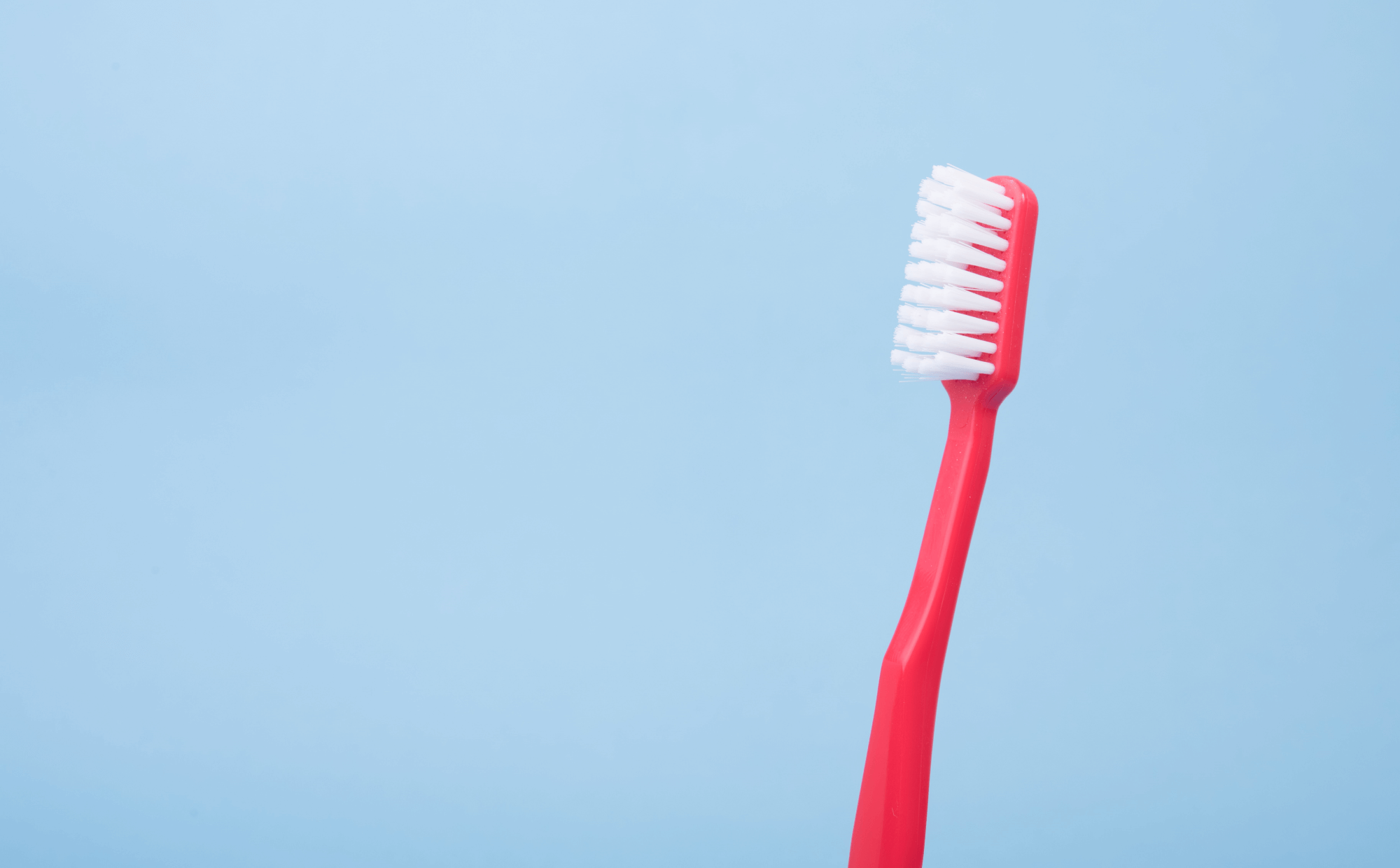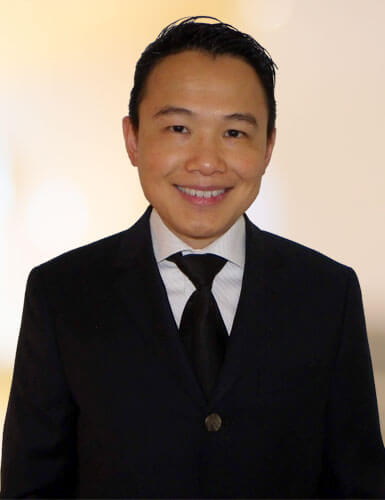Let’s Tackle Toothbrushes: Which Is The Right One for You?
Posted: June 4, 2020
Last Modified: June 6, 2022

Your toothbrush is one of your most important tools when it comes to keeping your teeth clean and healthy at home. However, not all toothbrushes perform the same way. Some have soft bristles, some have hard bristles, and some have little rubber nubs embedded on the back of the head. When you’re buying a toothbrush for yourself or a family member, how do you know which one will do the best job for your teeth?
There are a lot of different components that go into a toothbrush, so let’s address each one in turn.
Picking the Bristles
When it comes to the bristles of a toothbrush, you might be tempted to think that hard bristles are better for your teeth. After all, they’d be better at dental cleaning, right?
The surprising truth is that you almost always want to go with soft bristles (although if you’re uncertain, your local dentist will be able to provide you with a personalized recommendation based on the current state of your oral health). Soft bristles are just as good at cleaning as hard bristles, and in some cases, hard bristles can actually do more harm than good.
Hard bristles can actively damage your gums, which puts them at a higher risk of recession and gum disease. Look for soft bristles with rounded tips – they’ll do the job well, and they’ll be gentle on your gum line.
Difference in Sizes
There’s no single rule when it comes to the length of the toothbrush handle or the size of the bristle head. You want a toothbrush that you can grip easily and comfortably, and the bristles should be able to reach and thoroughly clean your back molars. If you’re shopping on behalf of someone who has difficulty gripping a toothbrush, such as a young child, make sure you get a handle that is large and easy to hold.
Bamboo or Plastic?
This comes down to personal preference on your part. Plastic toothbrushes are usually a bit cheaper and come with extras like rubber grips and tongue cleaners, but bamboo toothbrushes are increasing in popularity as the handles are biodegradable and can be composted. Both are capable of cleaning equally as well. Bamboo toothbrushes tend to have a thicker bristle head, which can present some challenges in reaching the back molars.
Do be aware that the bristles of the bamboo toothbrush may not be compostable. To be sure, check the packaging, which should clearly state the materials used. Some bamboo toothbrushes use boar’s hair as bristles, which, while biodegradable, is also noticeably firmer than nylon bristles, and may aggravate your gums. Most bamboo toothbrushes also aren’t yet certified by the Canadian Dental Association.
Electric or Manual?
For years, the debate between electric or manual has raged, and today, we have the data to provide a clear answer: if you have the option, always go for an electric toothbrush.
Electric toothbrushes can get the job done with less work, making them a huge help for those with limited dexterity. Plus, they provide a superior clean by a wide margin. Three months of using an electric toothbrush reduces plaque by 21% (and reduces gingivitis by 11%).
Does an Electric Toothbrush Mean I Don’t Have to Floss?
Absolutely not. The fanciest electric toothbrush on the market is no replacement for flossing. No matter what kind of toothbrush you buy, you need to pick up a pack of dental floss as well. If you have a hard time holding onto floss, consider floss picks, which have floss pre-strung on a small plastic frame.
When to Replace Your Toothbrush
As soon as your toothbrush’s bristles begin to look worn, it’s time for a replacement. If they’re not noticeably worn, you should still consider replacement once every three months. No matter what type of toothbrush you select, always be sure that you’re properly brushing your teeth for at least two minutes, twice a day.
If you have special concerns to take into account when considering a toothbrush, such as sensitive teeth, a receding gum line, or braces, your best bet is to ask your Barrie dentist for their advice. It’s also important to remember that regular brushing at home should only be one part of your oral health care. You should visit a dentist at least once every six months for a routine dental cleaning and checkup to make sure that your teeth are healthy and strong.
If you’d like more information about an appointment for a professional dental cleaning, please call our office at (705) 721-1143. You can also send us a message online.


